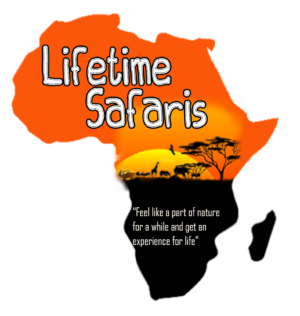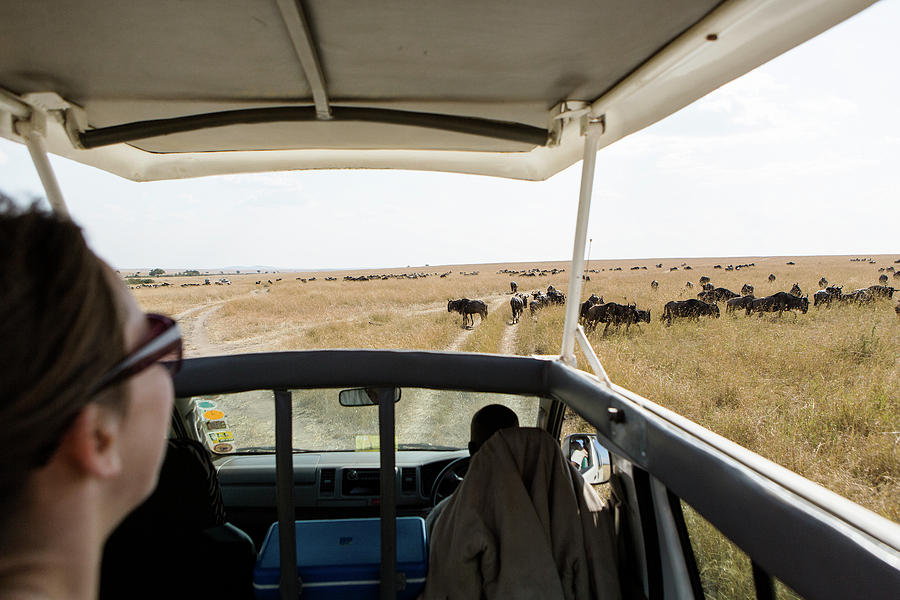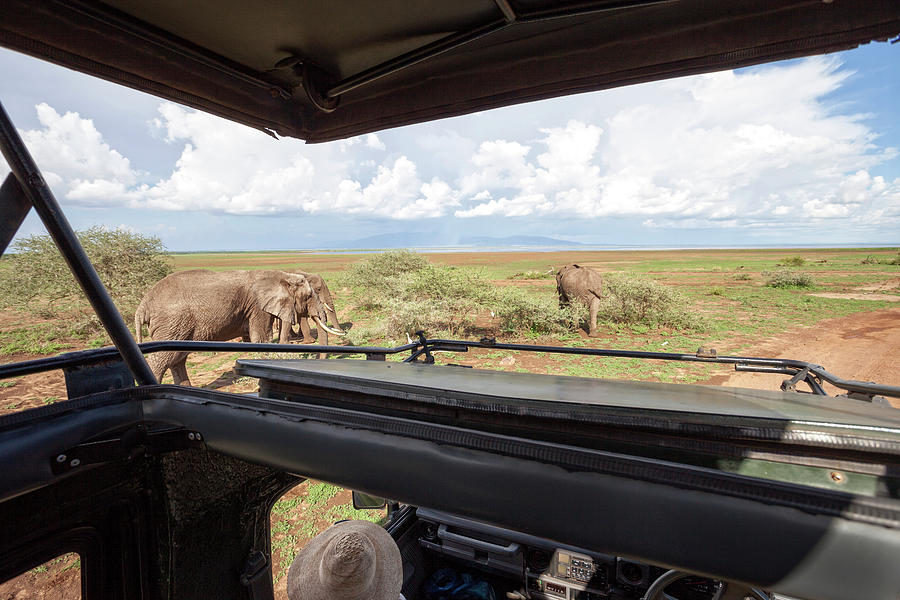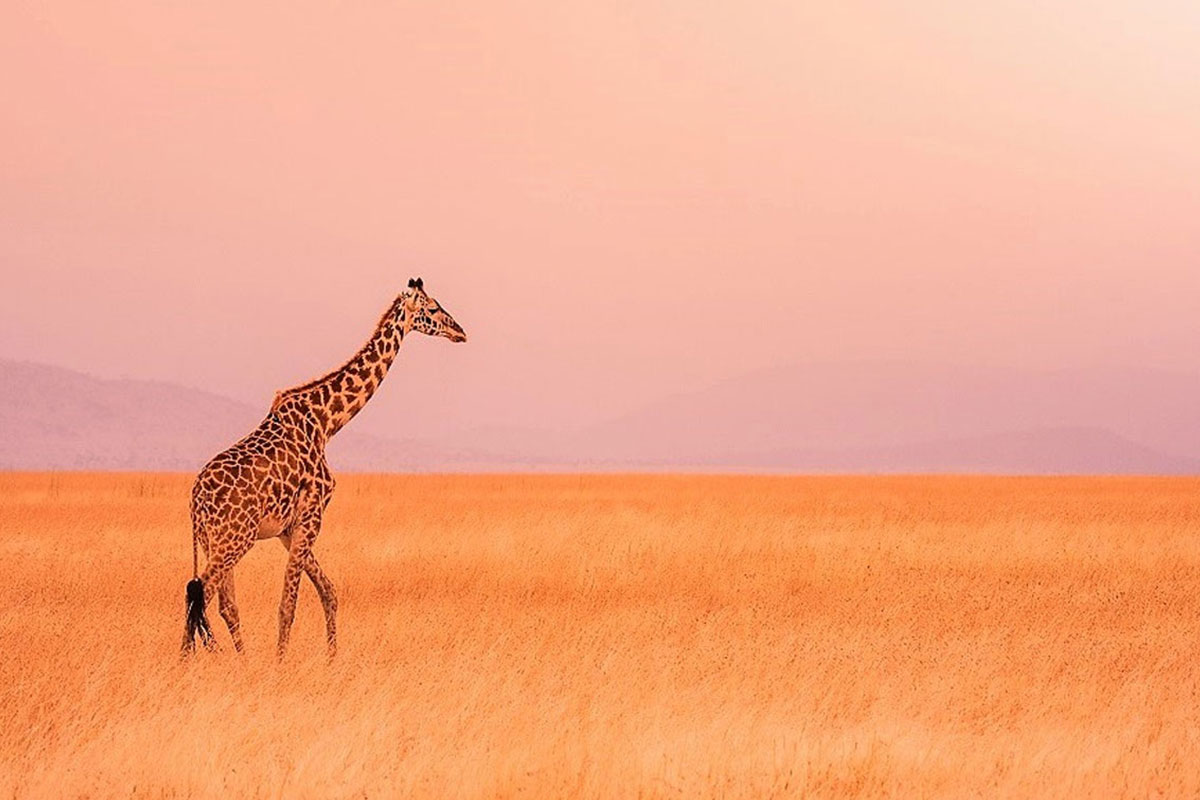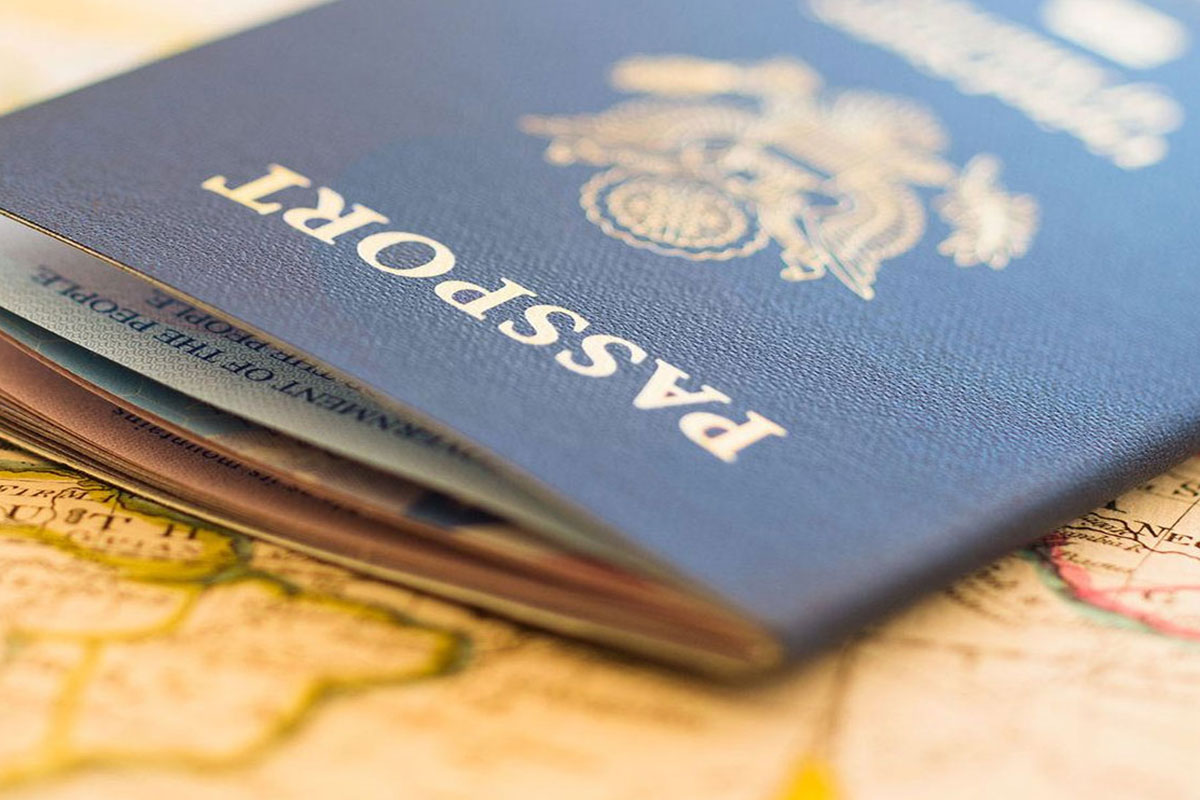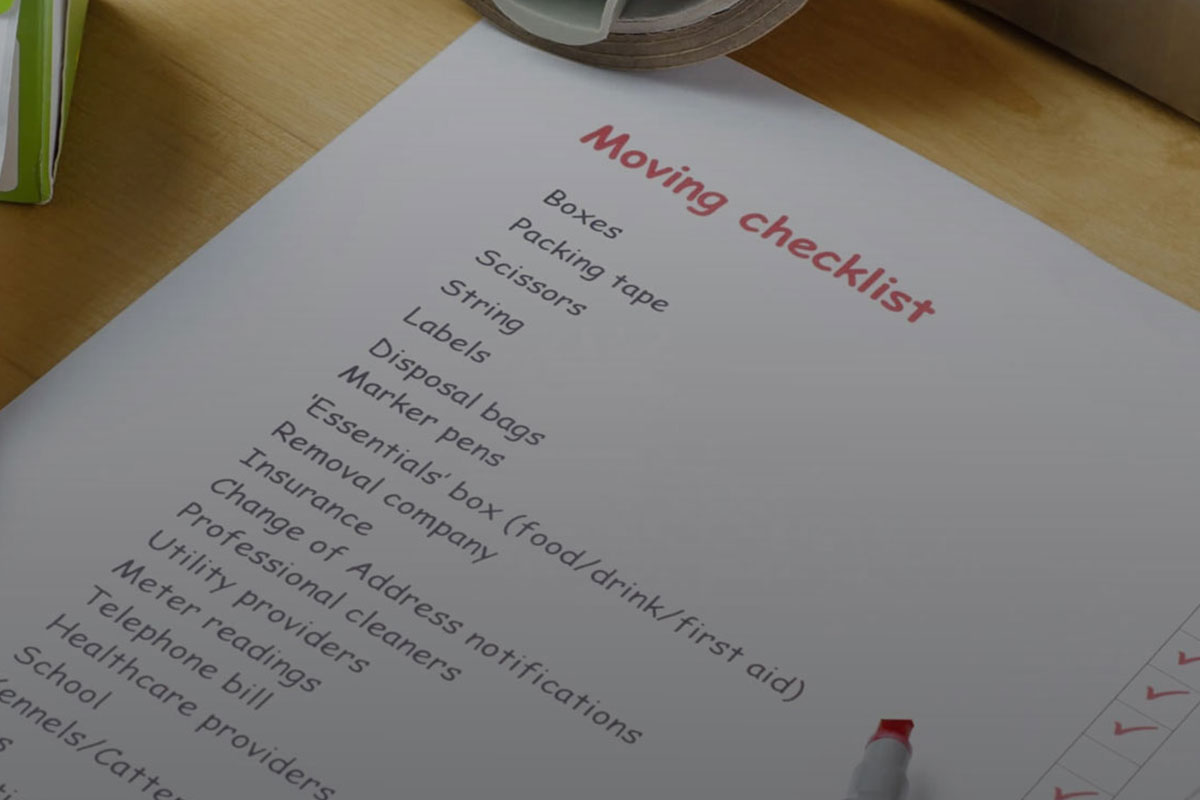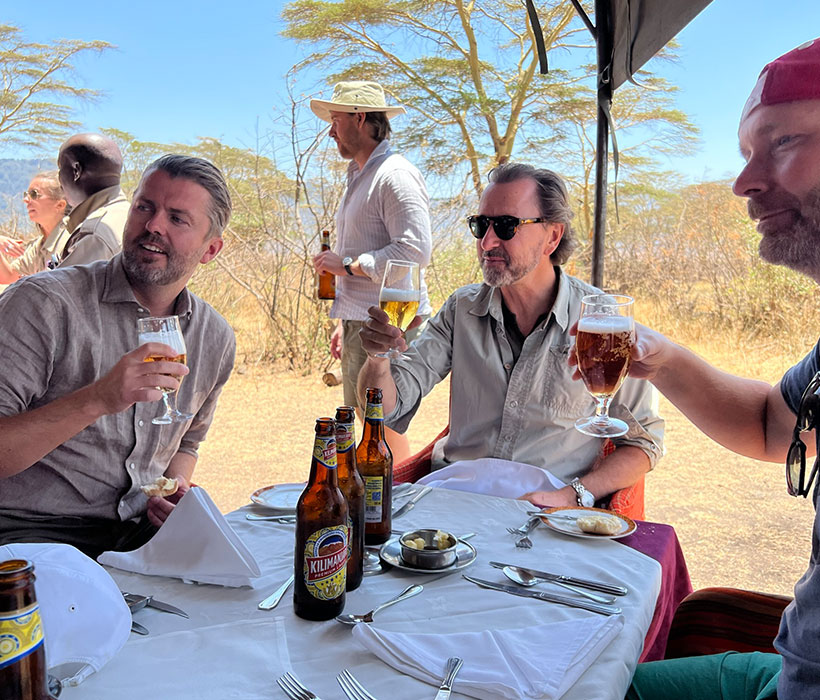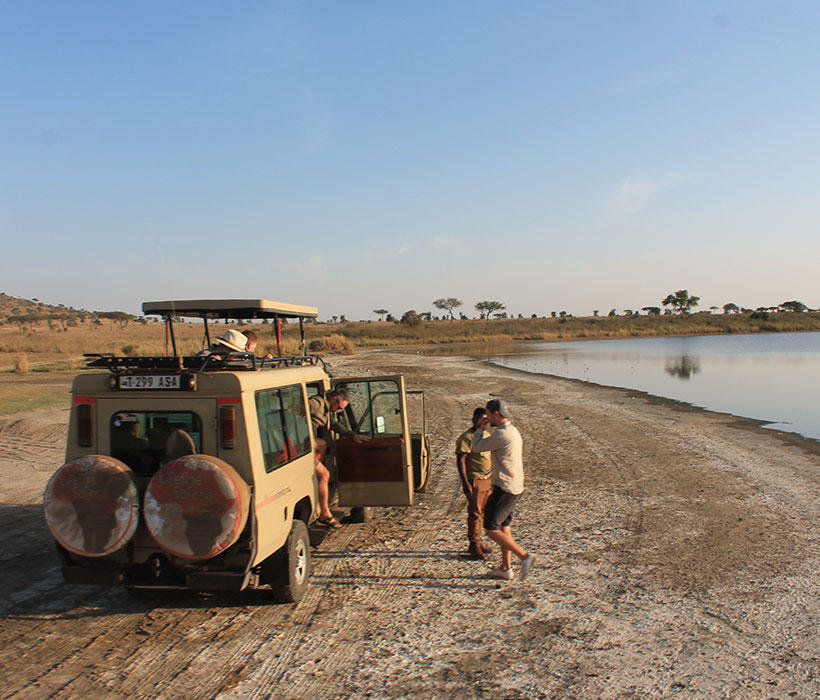HEALTH AND SAFETY
Before traveling to Kenya, it's important to consult with your doctor to ensure that you're up to date with your vaccinations. You should also pack a basic first aid kit, including items such as mosquito repellent, anti-malarial medication, and sunscreen. When it comes to safety, it's best to avoid walking alone at night, especially in urban areas. It's also important to be aware of your surroundings and keep an eye on your belongings at all times.
TRANSPORT
Kenya has a well-developed road network, but the roads can be rough in some areas, so it's important to use a reliable and experienced driver. If you're traveling by public transport, be aware that buses and minibuses can be overcrowded and unsafe. Alternatively, you can hire a private car or take a domestic flight to get around the country.
MONEY MATTERS
The official currency in Kenya is the Kenyan Shilling (KES). We suggest exchange your currency at a bank or exchange bureau rather than on the street. ATMs are also widely available, but it's important to keep an eye on your card and be aware of any scams. Credit cards are accepted at most hotels and restaurants, but it's always a good idea to carry some cash with you.
CULTURE AND ETIQUETTE
Kenya has a rich cultural heritage, and it's important to respect local customs and traditions. For example, it's considered impolite to point with your finger, and it's best to use your whole hand instead. It's also important to dress modestly, especially when visiting rural areas and religious sites. When interacting with locals, it's always a good idea to learn a few basic phrases in Swahili, the national language.
WILDLIFE AND NATURE
Kenya is known for its diverse wildlife, and it's important to respect the animals and their habitat. When on safari, it's important to follow the park rules and listen to your guide's instructions. Avoid approaching or feeding the animals, and keep a safe distance at all times. It's also important to be aware of your impact on the environment and to follow the principles of responsible tourism.
